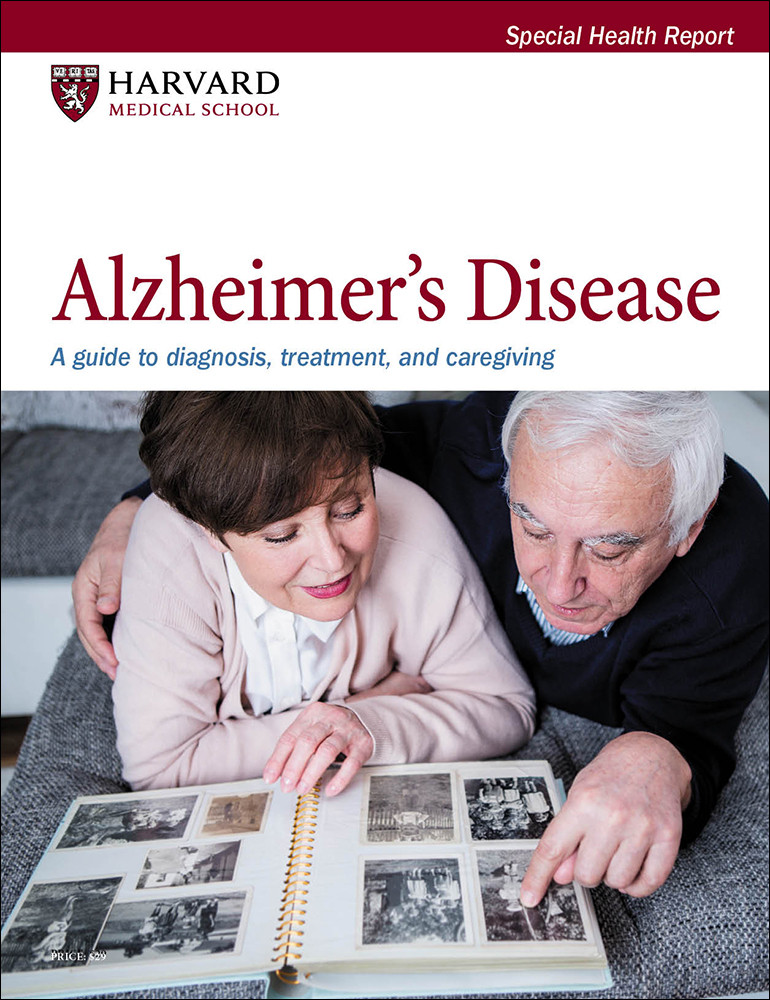What should you tell someone who has Alzheimer's disease?

It's not just your loved one's life that changes with an Alzheimer's disease diagnosis. Your own life is also dramatically altered as you assume the role of caretaker. Several important issues should be addressed as soon as possible. You must also learn how to handle the day-to-day challenges of caring for a person with Alzheimer's disease.
Most experts say that if the affected person asks you what's wrong with them, you should be honest. Knowing that the problem is a disease, not "insanity," is often a relief for the person affected. Telling someone who has not asked may be helpful, particularly if the person appears troubled about his or her condition. Generally, it's best for the physician to explain the diagnosis. New information doesn't always "stick," however, so don't be surprised if someone with Alzheimer's disease continues to ask what's wrong. In such cases, you can offer a reassuring but brief explanation.
You may also need to talk to family and friends. People with Alzheimer's disease often look quite healthy in the early stages of disease, and people outside the household may be unaware that anything is wrong. But it's important to tell other family members and friends about the diagnosis as soon as possible for two reasons. First, they need to know that any unusual behavior is caused by disease, not by "craziness" or "meanness," and that they'll need new ways of responding as the person's cognitive abilities decline. Second, you and any other caregivers need emotional support and practical help from others.
For more on ways to help prevent Alzheimer's as well as information on diagnosing and treating it, buy A Guide to Coping with Alzheimer's Disease, a Special Health Report from Harvard Medical School.
Image: © Branimir76/Getty Images
About the Authors

Gad Marshall, MD, Contributor

Howard E. LeWine, MD, Chief Medical Editor, Harvard Health Publishing; Editorial Advisory Board Member, Harvard Health Publishing
Disclaimer:
As a service to our readers, Harvard Health Publishing provides access to our library of archived content. Please note the date of last review or update on all articles.
No content on this site, regardless of date, should ever be used as a substitute for direct medical advice from your doctor or other qualified clinician.













